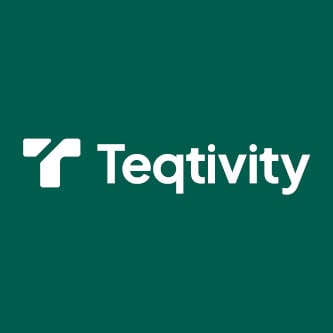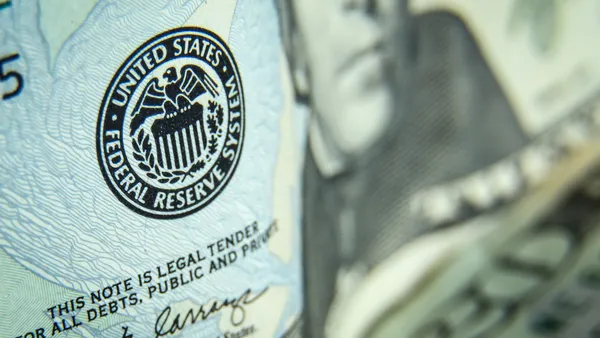Dive Brief:
- The Securities and Exchange Commission filed charges against Carl Icahn as well as his firm, Icahn Enterprises (IEP), for failing to disclose pledges by the billionaire investor of company securities as collateral to secure personal loans, according to a Monday press release.
- Both IEP and Icahn failed to file disclosures required under federal securities law, which “would have revealed that Icahn pledged over half of IEP’s outstanding shares at any given time,” Osman Nawaz, chief of the SEC Enforcement Division’s Complex Financial Instruments Unit (CFIU), said in a statement included in the release.
- The company, which is publicly traded and 84% owned by Icahn, agreed to pay $1.5 million to settle the civil charges, while Icahn agreed to pay $500,000, according to the release.
Dive Insight:
From at least Dec. 31, 2018 until the present, Icahn “pledged approximately 51% to 82% of IEP’s outstanding securities as collateral to secure personal margin loans worth billions of dollars under agreements with various lenders,” according to the SEC order.
IEP also failed to disclose that Icahn — its founder, controlling shareholder, and chairman of its board, who has a net worth of approximately $6 billion, according to the Bloomberg Billionaires Index — pledged company securities as collateral, per the SEC’s order.
The civil penalties leveled against both Icahn and IEP come more than a year after the SEC first launched an investigation into the company, which itself followed the publication of a report in May 2023 by short seller Hindenburg Research, which alleged the firm’s asset valuations were inflated by as much as 75%.
“In brief, Icahn has been using money taken in from new investors to pay out dividends to old investors. Such Ponzi-like economic structures are sustainable only to the extent that new money is willing to risk being the last one ‘holding the bag,’” the report alleged.
Later in May and June 2023, IEP was contacted by federal prosecutors including the SEC seeking information regarding its securities offerings, dividends and marketing materials among other records, according to a securities filing.
“After Hindenburg issued a false report to make money on its short position at the expense of ordinary investors, the government investigation that followed has resulted in this settlement which makes no claim IEP or I inflated NAV or engaged in a ‘Ponzi-like’ structure,” Carl Icahn said in a statement emailed to CFO Dive by IEP Enterprises regarding the Monday settlement, noting that the report “did damage to IEP and its investors.”
Both Icahn and the company “fully cooperated” with the government’s investigation, Jonathan Streeter, outside counsel to IEP and partner at Dechert LLP said in a statement emailed to CFO Dive by IEP Enterprises. Streeter also described the Hindenburg report as “self-serving” and containing “false and totally irresponsible allegations” that IEP had inflated its asset value.
The report sent both the stock and the market cap of IEP plummeting, with stock falling by more than 63% since the start of May 2023 to the end of the month. Meanwhile, IEP’s market cap was reduced by more than half from $18 billion to $7.01 billion, AP News reported at the time.
The SEC declined to comment beyond the details included in its press release.
The civil penalties also come as the SEC continues its plan of more aggressive enforcement under Chair Gary Gensler, with the agency focusing especially on larger corporations (as of June 30, 2024, IEP had approximately $17.9 billion in assets, according to its most recent earnings report.)
Just last week, the SEC fined 26 financial services firms a collective $360 million for failing to comply with federal record-keeping standards, CFO Dive reported. Both the SEC and the Public Company Accounting Oversight Board have zeroed in on improving accounting and audit quality, with Gensler calling on the PCAOB to sharpen oversight of the auditing of public companies.














